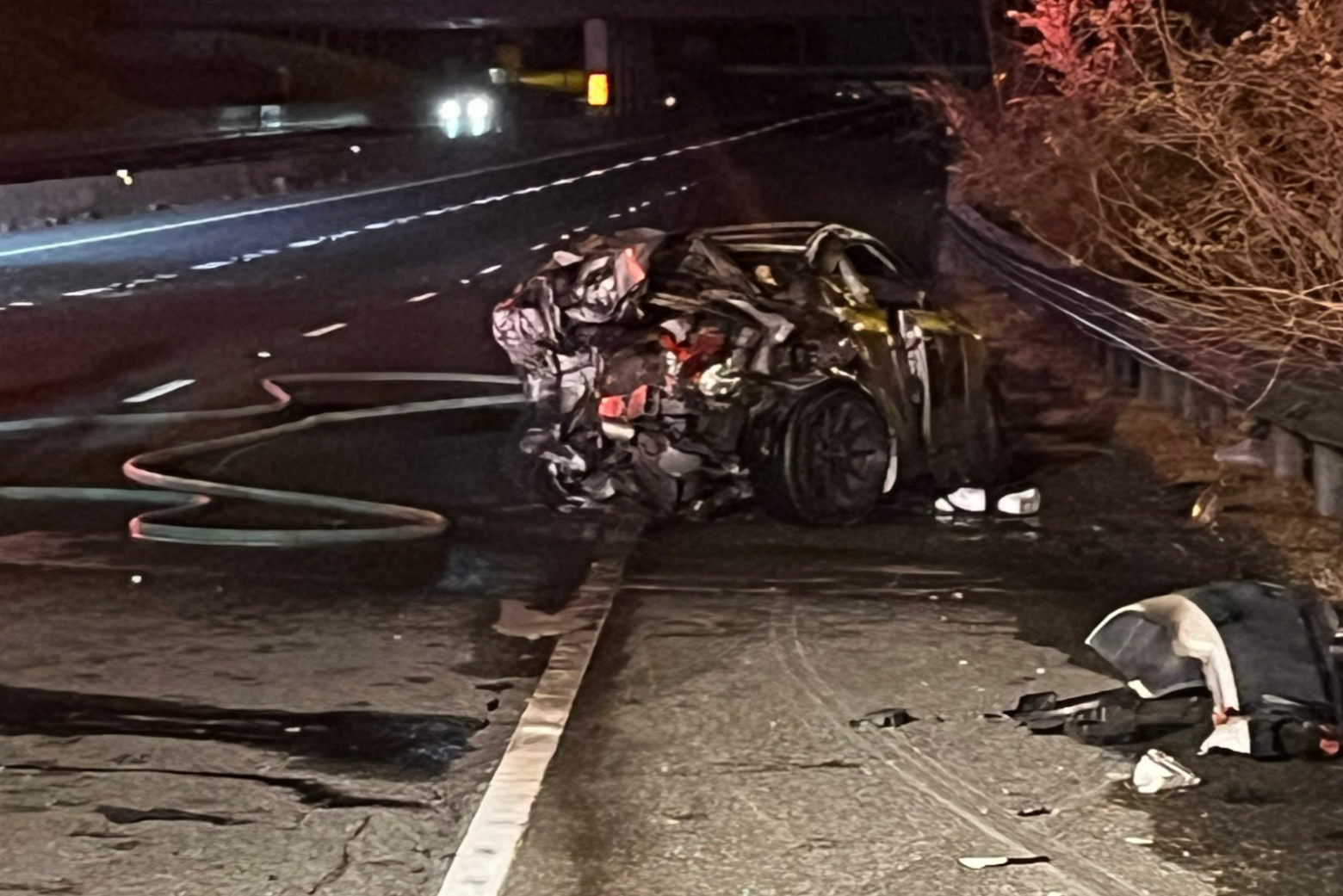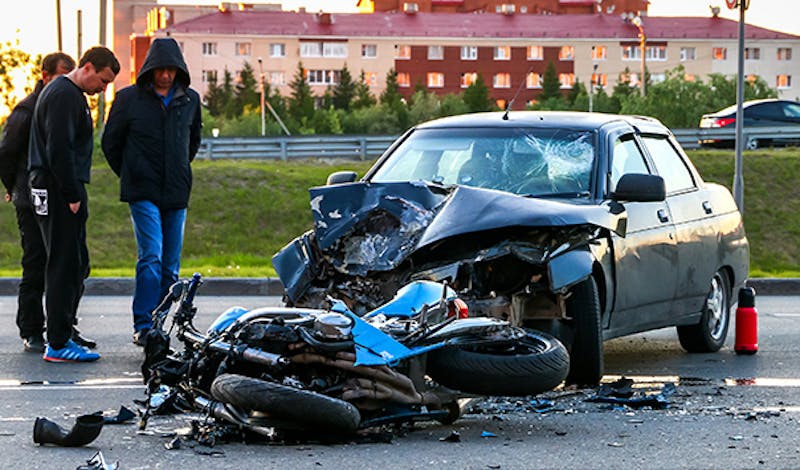Introduction
Car crashes are unfortunate events that can happen to anyone, anywhere, at any time. While the physical injuries from a collision often receive significant attention, it's crucial not to overlook the mental and emotional aftermath. The psychological effects of being involved in a car crash can linger far beyond the physical healing process. This article dives deep into understanding these effects, exploring everything from immediate reactions to long-term consequences and coping strategies.

The Psychological Effects of Being Involved in a Car Crash
Experiencing a car crash is not just a physical ordeal; it can lead to profound psychological impacts. Survivors may face a litany of emotions ranging from shock and disbelief to anger and guilt. For many individuals, the immediate aftermath involves heightened anxiety levels and intrusive thoughts about the incident.

Immediate Reactions: Shock and Disbelief
Immediately after an accident, it's common for individuals to feel stunned or bewildered. This state of shock acts as a protective mechanism, allowing people to process what has just transpired slowly.
Physical Symptoms of Shock
- Increased heart rate Sweating Nausea Difficulty concentrating
Anxiety Disorders Post-Crash
Many survivors develop anxiety disorders following their experiences. It could manifest as:
- Generalized Anxiety Disorder (GAD): Constant worrying about future accidents. Panic Disorder: Sudden panic attacks triggered by reminders of the crash.
Signs of Anxiety Disorders
- Restlessness Irritability Sleep disturbances
Post-Traumatic Stress Disorder (PTSD) After Car Accidents
One of the most severe psychological effects is PTSD, which can develop after experiencing or witnessing traumatic events such as car crashes.
Symptoms of PTSD
Re-experiencing: Flashbacks or nightmares related to the accident. Avoidance: Steering clear of places or situations that remind you of the crash. Negative Changes in Mood: Feelings of hopelessness or emotional numbness.Prevalence Rates Among Survivors
Research indicates that around 10% to 20% of individuals involved in serious car accidents may develop PTSD.
The Role of Guilt and Shame
After an accident, feelings of guilt can emerge—whether stemming from causing the crash or surviving when others did not.
Coping with Guilt
Acknowledge your feelings. Seek professional help if needed. Engage in self-compassion practices.Social Isolation Following an Accident
After experiencing trauma, many individuals withdraw from social situations due to discomfort discussing their experience or fear of judgment.
Effects on Relationships
Isolation can strain relationships with family and friends who may not understand what you're going through.
Impact on Daily Life Activities
The psychological toll from being involved in a car crash can seep into various aspects of daily life—work, school, and personal activities may all be affected.
Workplace Challenges
Survivors might struggle with concentration at work or taking time off for therapy sessions.
Academic Impairments for Students
Students may find it challenging to focus on coursework or participate in extracurricular activities post-crash.
Coping Strategies for Survivors
Understanding how to manage these psychological effects is crucial for recovery. Here are some effective coping strategies:
Therapy Options
Cognitive Behavioral Therapy (CBT): Helps reframe negative thought patterns. Exposure Therapy: Gradually exposes individuals to reminders without overwhelming them.Mindfulness Practices
Incorporating mindfulness techniques such as meditation or yoga can help ground you in the present moment and reduce anxiety levels.
The Importance of Support Systems
Support systems play a pivotal role in recovery post-crash—whether they are friends, family members, or support groups specifically geared toward trauma survivors.
Finding Community Support Groups
These groups provide shared experiences that validate feelings and promote healing through collective strength.
Long-Term Psychological Consequences
While some individuals may heal quickly psychologically after an accident, others might experience prolonged effects that could last months or even years.
Chronic Conditions Linked to Trauma
Long-term anxiety or depression Ongoing PTSD symptomsSeeking Professional Help vs Self-help Techniques
When should one seek professional help? If you find that your daily life is severely impacted by your mental health struggles post-accident, it's essential to consult with a mental health professional.